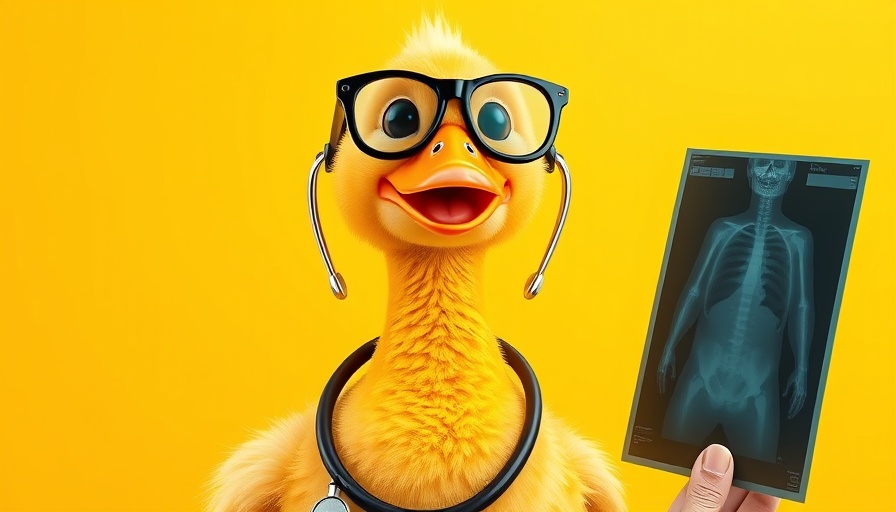
The Silence of AI in Health Recommendations
In a concerning shift, artificial intelligence companies, including OpenAI and Google, have largely stopped issuing warnings about the limitations of their chatbots when it comes to medical advice. This trend, highlighted by recent research from Sonali Sharma at Stanford University, raises critical questions about safety in digital health consultations.
Worrisome Trends in AI Disclaimers
Sharma's study revealed that less than 1% of AI-generated responses concerning health-related inquiries included disclaimers, a stark decline from over 26% in 2022. The absence of these warning messages could mislead users into trusting potentially hazardous medical advice, particularly when discussing serious health issues like medication combinations or diagnostic interpretations.
Understanding AI's Role in Healthcare
For many users, disclaimers served as a necessary reminder that AI tools are not replacements for medical professionals. As comments on platforms like Reddit show, users have often devised ways to bypass these warnings to gain direct advice from AI systems, indicating a misunderstanding about the nature of AI capabilities.
A Call for Responsibility in AI Development
Dermatologist and coauthor Roxana Daneshjou points out the significant risk posed by this trend. As AI technology evolves and claims of its superiority over human physicians enter popular discourse, users may feel increasingly inclined to trust AI outputs. Without disclaimers, Sharma argues, the potential for real-world harm escalates as patients might rely on bots for medical guidance rather than consulting qualified health professionals.
The Way Forward: Reinforcing AI Guidelines
The need for clear disclaimers as guiding lights in the murky waters of AI-assisted healthcare is becoming evident. Developers must prioritize transparent practices that uphold patient safety while ensuring that users are educated about the limitations of AI tools. Addressing this gap is essential to prevent misinformation and protect public health.
 Add Row
Add Row  Add
Add 




Write A Comment